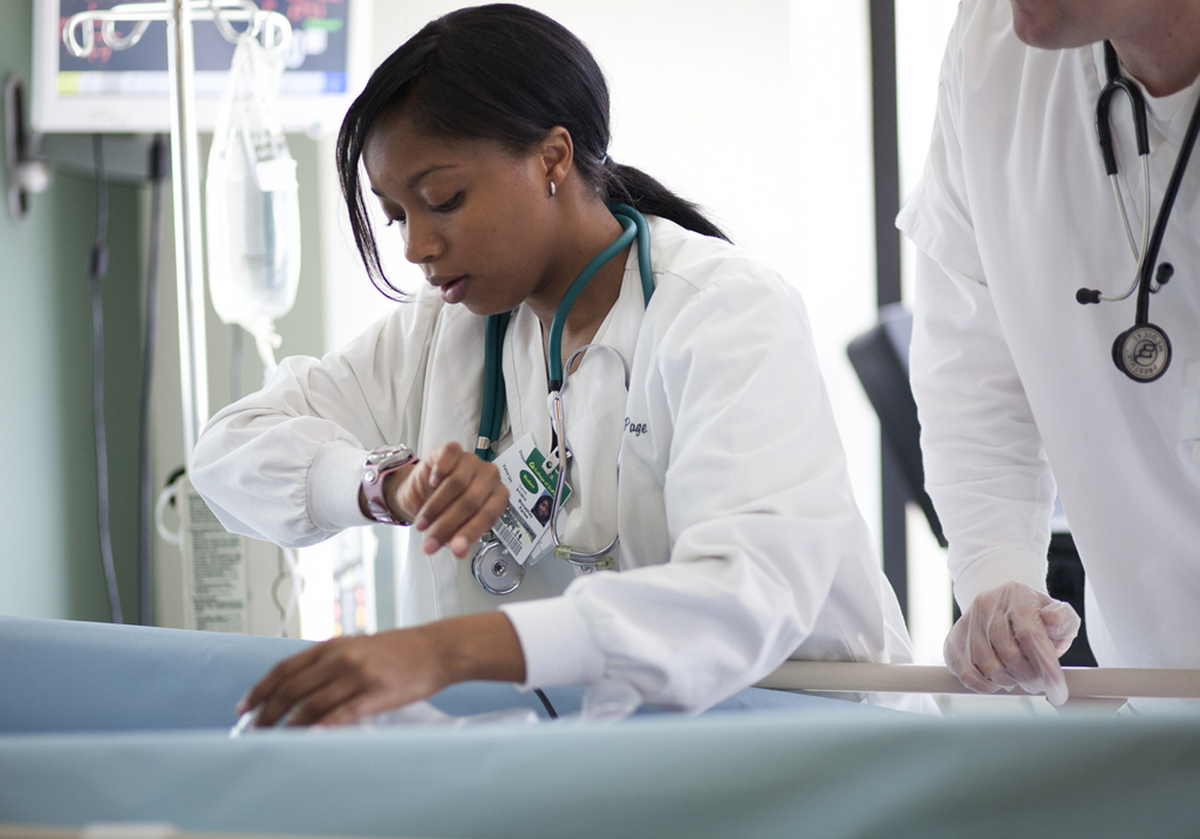Table of Contents
A paediatric surgeon is a specialist surgeon who trains in the diagnosis and surgical management of illnesses, diseases and disorders that affect children. Medical issues that affect children will be managed by a paediatrician.
Surgeries performed on babies and children are different to those performed on adults. The paediatric surgeon has to take certain factors into consideration that can affect the outcomes of these procedures. Children differ to adults in terms of them having a larger surface area to mass ratio, less subcutaneous fat, more body water and a higher metabolic rate.

It's important to make a note that a lot of paediatric surgeries have to deal with congenital abnormalities in children.
Training
Paediatric surgeons have to complete the following qualifications before becoming specialist surgeons.
- The medical student qualifies as a doctor when they complete a 5-6 year medical and surgical undergraduate degree.
- 1-2 year internship period where the doctor rotates through the various medical and surgical disciplines.
- General surgery residency programme that takes 5 years to complete.
- Fellowship training in paediatric surgery that takes 2 years to complete.
Paediatric surgeons will focus on the gastrointestinal system of the body and they will manage conditions such as oesophageal atresia, tracheo-oesophageal fistula, hypertrophic pyloric stenosis, intestinal atresia, intestinal volvulus, necrotizing enterocolitis, intussusseption, meconium plugs, mesenteric ischaemia, appendicitis, Hirschsprung's disease, gastroschisis, omphalocele, abdominal hernias and an imperforate anus.
Sub-specialties in surgery regarding paediatrics and the conditions managed
Surgeons wanting to focus on the paediatric side of their discipline can train further by completing fellowship programmes in the following sub-specialties. Conditions managed by these sub-specialists will also be mentioned.
- Paediatric emergency surgery - usually involving surgery for traumatic injuries such as burns, obstructed airways (crycothyrotomy) and explorative laparotomy for internal bleeding.
- Fetal surgery - neural tube defects, congenital diaphragmatic hernia, congenital heart disease and sacrococcygeal teratoma.
- Paediatric cardiothoracic surgery - tetralogy of Fallot, congenital heart defects such as atrial and ventricular septal defects and pectus excavatum and carinatum.
- Paediatric neurosurgery - separation of twins conjoined at the head, intractable epilepsy, spina bifida, neuroblastomas, hydrocephalus, craniosynostosis and other cranial malformations.
READ How To Choose Your Baby's Pediatrician
- Paediatric orthopaedic surgery - clubbed feet, leg-length discrepancies, rhabdomyosarcomas, spinal conditions such a kyphosis and scoliosis and congenital bone issues such as achondroplasia and osteogenesis imperfecta.
- Paediatric hepatological surgery - biliary atresia, cirrhosis or chronic liver failure needing a liver tranplant, cystic fibrosis liver disease, hepatoblastoma, primary sclerosing cholangitis and progressive familial intrahepatic cholestasis.
- Paediatric nephrological surgery - chronic renal failure needing dialysis access or renal transplantation, renal trauma, glomelunophritis, neuroblastomas and Wilms' tumour.
- Paediatric urological surgery - undescended testes, urinary obstruction and vesico-ureteric reflux, hypospadias, epispadias, bladder and kidney stones, minor malformations of the penis, phimosis, hydronephrosis, bladder exstrophy, and ambiguous genitalia.
- Paediatric plastic and reconstructive surgery - grafting for burn wounds, polydactyly, congenital defects like cleft lip and/or palate, craniosynostosis, plagiocephaly, head and neck tumours such as angiofibroma, desmoid tumors, fibrosarcomas, haemangiomas and breast abnormalities such as gynaecomastia and macromastia.
- Paediatric cancer surgery - lymphomas and the tumours already mentioned above.
- en.wikipedia.org/wiki/Pediatric_surgery
- Photo courtesy of codnewsroom: www.flickr.com/photos/codnewsroom/8639003804/
- Photo courtesy of Ray Larabie: www.flickr.com/photos/27117620@N06/8556168825/
- Photo courtesy of Ray Larabie: www.flickr.com/photos/27117620@N06/8556168825/


Your thoughts on this